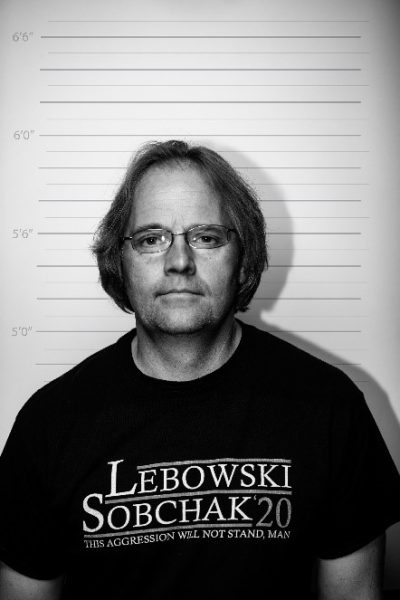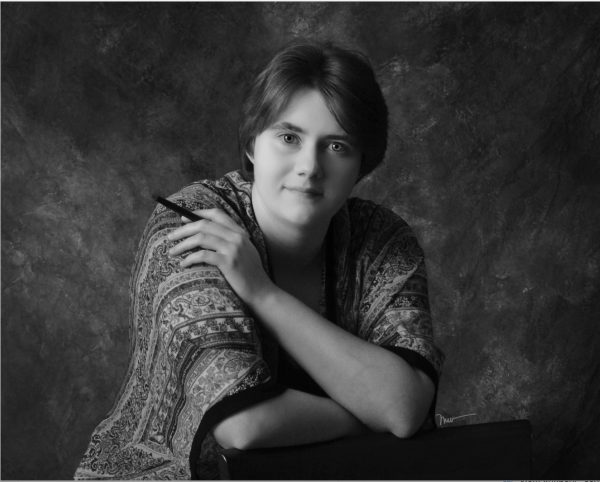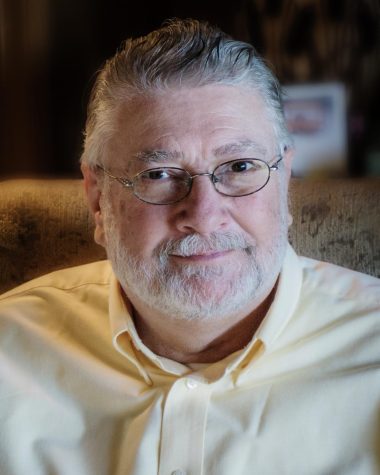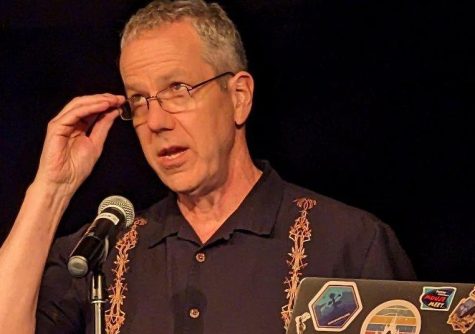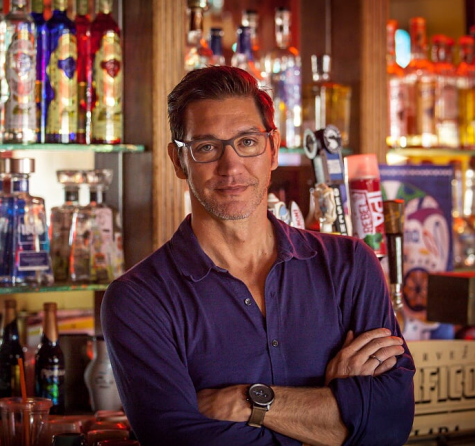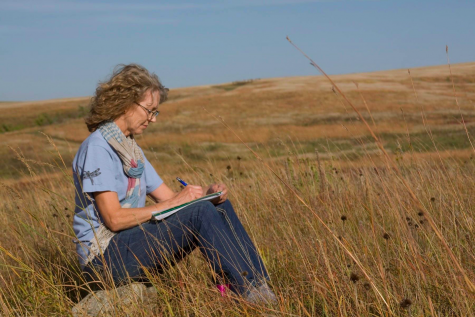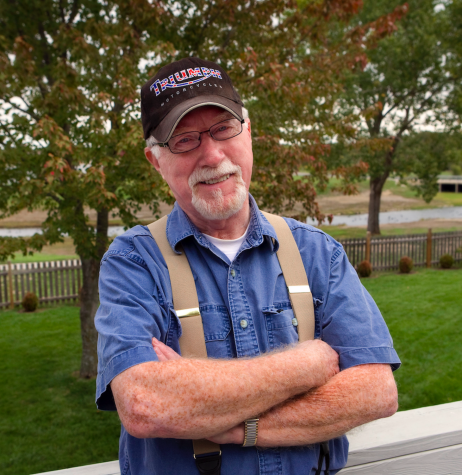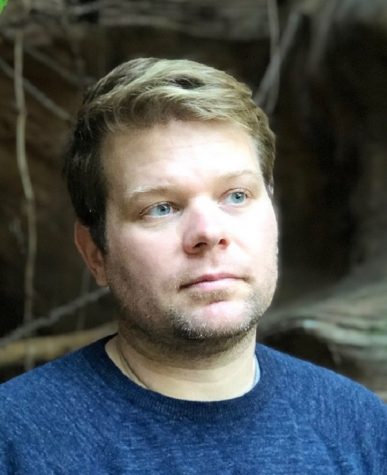MINI INTERVIEW: Ruth Williams
Interviewed by Sean Dunn – May 2019
What do you find easiest about writing?
This is an interesting question since I feel like we writers often focus on the hardest aspects of writing. I suppose for me the easiest part about writing is the part where you simply write and don’t edit yourself or consider the quality. Letting the words flow, unchecked, is easy—it’s going back to reckon with whether they mean anything or will interest anyone other than you that’s hard.
How did you come about writing?
I started out writing fiction when I was in junior high. I’ve always loved reading, so I think writing was a natural outgrowth of my love of books. I wanted to try my hand at what I loved, I suppose. So I dabbled in fiction until high school, when a friend of mine introduced me to poetry and recommended that I try writing it to exorcise some of my bad teenage feelings. Once I started reading and writing poetry, I was hooked. I loved the intensity and immediacy of the poetic voice and I haven’t stopped writing poetry since.
What have you learned about good writing and bad writing?
I teach creative writing, so I’ve had a lot of opportunities to try to describe good and bad writing, though I think I still discover new ways to think about what’s good and what’s bad each time I consider it. So, here goes! Bad writing is writing that doesn’t consider the reader, that goes for the easiest answer, the most apparent image or phrase. Bad writing is often convinced of its own quality and needs no editing, takes no advice. Ultimately, bad writing leaves a reader feeling unmoved and bored. Good writing, on the other hand, considers the reader, attempting to offer said reader fresh language and insight—the text shows evidence of the writer’s care and craft, not just communication. Good writing works hard to communicate something of value, to lay something on the line, to have stakes beyond the writer’s self. Good writing often leaves a reader feeling like they are seeing something familiar about themselves/the world/language, but from an entirely new vantage.
How do you get your work out for others to see?
As a writer, I’m definitely validated when others read my work, so I try to be dedicated in sending it out for publication on a regular basis. In graduate school, my dissertation director mentioned he always tried to keep a certain number of submissions out in the world. So, when he got a rejection, he’d send another out—like a job. Ever since I heard that, I’ve tried to do something similar. Now that I have a book, I’ve also been more proactive in pursuing opportunities to read my work. With Flatlands, I’ve had the chance to read around the Midwest, but also in Nebraska specifically. That’s been wonderful—the “hometown” crowd of Nebraskans really gets Flatlands. I’ve loved reading a few of the poems in the book and watching other folks from Nebraska nod in recognition.
What was your favorite part about writing Flatlands?
Going back to the landscape of my state of birth, Nebraska, and discovering that—despite its flatness—it had imbued me with a sense of mystery and openness that is deeply connected to who I am as a writer. I didn’t set out to write about my youth or Nebraska (In fact, I’d say these are topics I generally didn’t write about before Flatlands), so my favorite part of writing Flatlands was discovering what there was to discover by doing so.
What is your editing process? Do you edit or does someone edit for you?
At this point in my writing life, I do most of my editing on my own. I’m the kind of writer who generates a lot of content that’s all over the map quality-wise. Once I’ve got a backlog of poems, I’ll sift through the pile to find things that seem worth working on and/or things I want to keep working on. Once I cull these promising rough drafts, I’ll place them in one document and revise, revise, revise. However, often when I’ve got a longer project going, I’ll ask another poet friend to take a look, to offer me feedback. I find certain writer friends of mine are especially good at editing my work and I often will seek them out specifically to give me insight into what’s working/what’s not. There’s nothing like another set of eyes to reveal things about your work that you hadn’t noticed yourself!
If you had to choose one thing to write about for the rest of your life, what would it be?
This will sound narcissistic at first glance, but I would say, if I could only write about one thing for the rest of my life, I would choose to write about myself. I say this not because I think I’m infinitely fascinating or worthy of being written about, but because writing is a means for me to better understand myself and my relation to the world. I guess you could say I use writing to help me understand how to be human. In my writing, I can explore my thoughts, feelings, experiences, and derive meaning from them. I believe (I hope!) this makes me a better, more empathetic and thoughtful person.
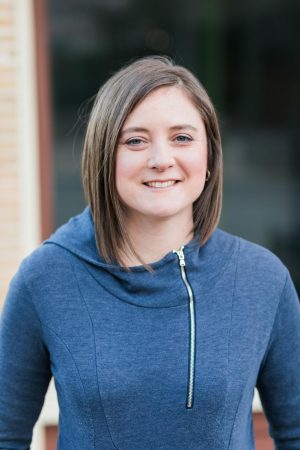 RUTH WILLIAMS is the author of Flatlands (Black Lawrence Press, 2018) and Conveyance (Dancing Girl Press, 2012). Her poetry has appeared in Michigan Quarterly Review, jubilat, Pleiades and Third Coast among others. Currently, she is an Assistant Professor of English at William Jewell College and an Editor for Bear Review.
RUTH WILLIAMS is the author of Flatlands (Black Lawrence Press, 2018) and Conveyance (Dancing Girl Press, 2012). Her poetry has appeared in Michigan Quarterly Review, jubilat, Pleiades and Third Coast among others. Currently, she is an Assistant Professor of English at William Jewell College and an Editor for Bear Review.



